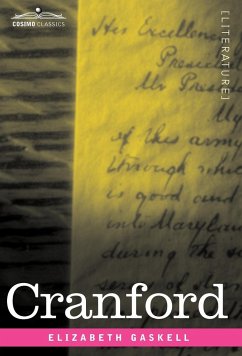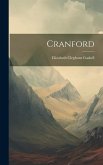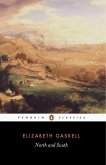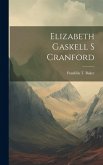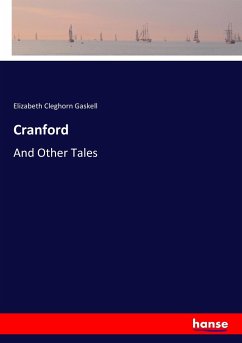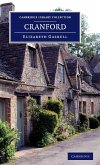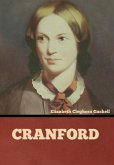Now Miss Matty Jenkyns was chary of candles. We had many devices to use as few as possible. In the winter afternoons she would sit knitting for two or three hours-she could do this in the dark, or by firelight-and when I asked if I might not ring for candles to finish stitching my wristbands, she told me to "keep blind man's holiday." They were usually brought in with tea; but we only burnt one at a time. As we lived in constant preparation for a friend who might in any evening (but who never did), it required some contrivance to keep our two candles of the same length, ready to be lighted, and to look as if we burnt two always. The candles took it in turns; and, whatever we might be talking about or doing, Miss Matty's eyes were habitually fixed upon the candle, ready to jump up and extinguish it and to light the other before they had become too uneven in length to be restored to equality in the course of the evening. -from Chapter V: "Old Letters" As interest in 19th-century English literature by women has been reinvigorated by a resurgence in popularity of the works of Jane Austen, readers are rediscovering a writer whose fiction, once widely beloved, fell by the wayside. British novelist ELIZABETH CLEGHORN GASKELL (1810-1865)-whose books were sometimes initially credited to, simply, "Mrs. Gaskell"-is now recognized as having created some of the most complex and progressive depictions of women in the literature of the age, and is today justly celebrated for her precocious use of the regional dialect and slang of England's industrial North. Cranford-Gaskell's second novel, which was originally serialized from 1851 to 1853 in the periodical Household Words, edited by Gaskell's friend Charles Dickens-was based upon Gaskell's own experiences growing up in the small Cheshire town of Knutsford. Adapted as an instantly acclaimed 2007 BBC miniseries, this is the charming tale of two elderly spinster sisters and their young charge-a thinly disguised version of Gaskell herself. It offers a lovely depiction of village life in the mid 19th century. Friend and literary companion to such figures as Charlotte Brontë-of whom Gaskell wrote an applauded 1857 biography-Gaskell is today being restored to her rightful place alongside her. This delightful replica volume is an excellent opportunity for 21st-century fans of British literature to embrace one of its most unjustly forgotten authors.
Hinweis: Dieser Artikel kann nur an eine deutsche Lieferadresse ausgeliefert werden.
Hinweis: Dieser Artikel kann nur an eine deutsche Lieferadresse ausgeliefert werden.

